Despite all efforts, the threat terrorism poses globally is currently more serious than ever before, with various terrorist attacks claiming 6,700 lives last year, the statement by the foreign affairs ministry cited Peter Szijjarto, who will attend a meeting to support the victims of terrorism held in the framework of the UN General Assembly in the afternoon.
One of the reasons, he said, is terrorism and illegal migration forming a "vicious circle".
"The more serious the threat of terrorism is, the greater is the migratory pressure, the more people are involved in migration flows, the greater is the risk that members of terrorist organizations will be able to reach distant parts of the world illegally," he said.
We therefore need to step up our fight against terrorism, as we see that migratory flows to Europe are becoming more serious and, as they become more severe, the threat of terrorism increases significantly,
he warned.
He noted that the UN Office of Counter-Terrorism (UNOCT) received only 3 percent of its budget from the global organization with the rest to be provided by the member states. Hungary has made a great contribution by Budapest hosting the second largest UNOCT centre, Peter Szijjarto said. Some 25 international experts work at the centre and its role is planned to be further strengthened, he added.
"Hungary’s role in the global fight against terrorism will further increase in the upcoming period, which will contribute to enhancing security in Hungary," he said.
Peter Szijjarto said that he would meet eight of his counterparts on the sidelines of the UN General Assembly meeting, including the foreign ministers of Bahrein, Chad, Moldova and the Vatican. The talks will focus on challenges posed by the war, he added.
"The war is a regional war in the physical sense, and we hope it will remain so, but its effects are global and the whole world now expects it to come to an end," he emphasized.
Europeans always call for the end of fighting, peaceful settlements and negotiations in the case of armed conflicts, but this time the continent has taken a different approach, which is something many countries cannot understand, he added.
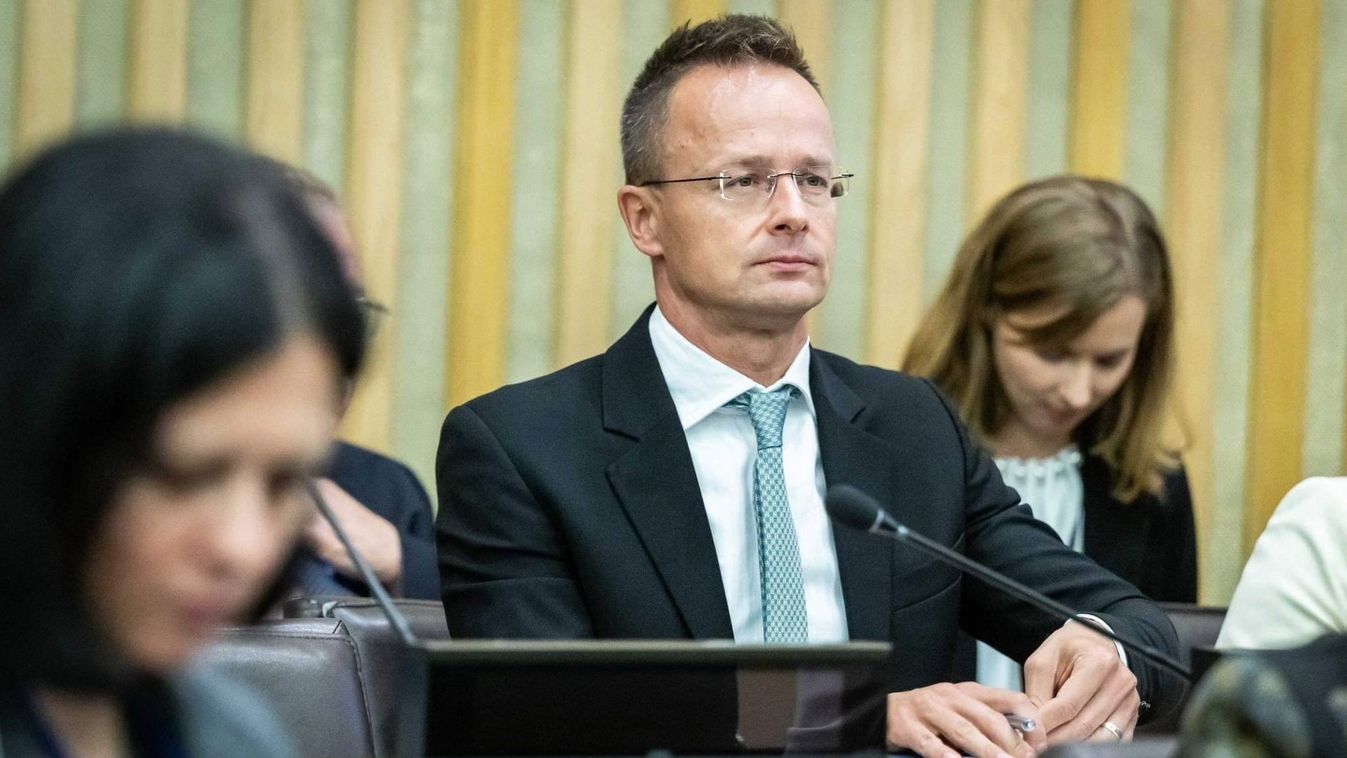
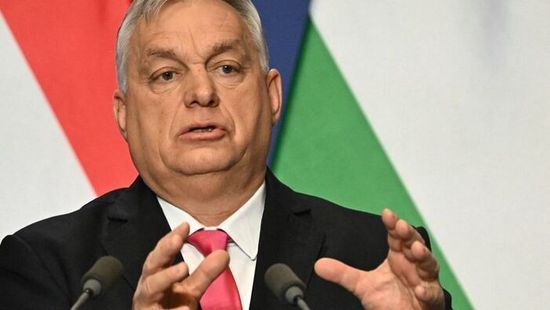


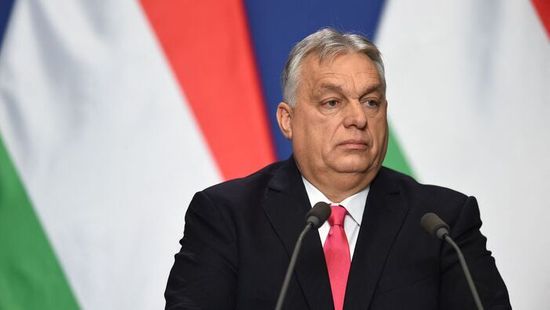

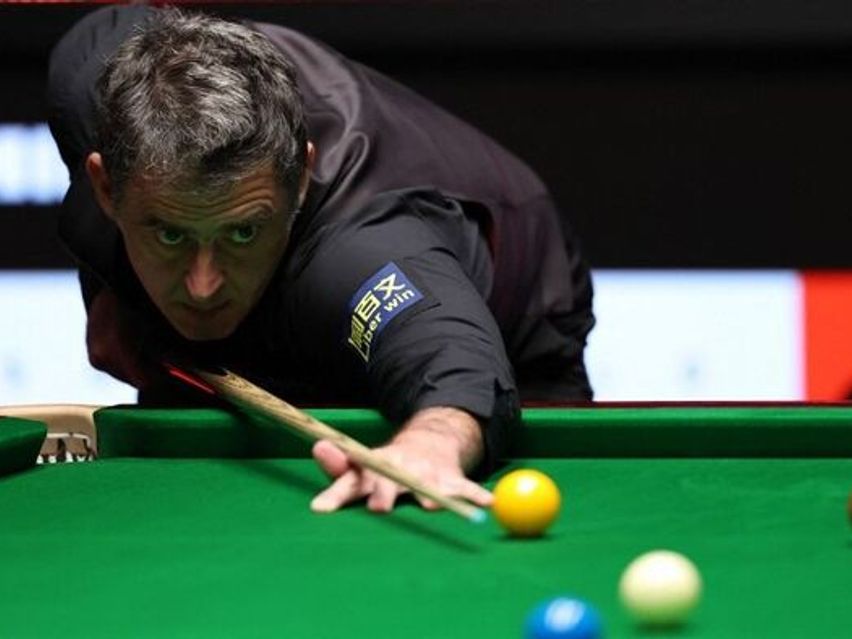
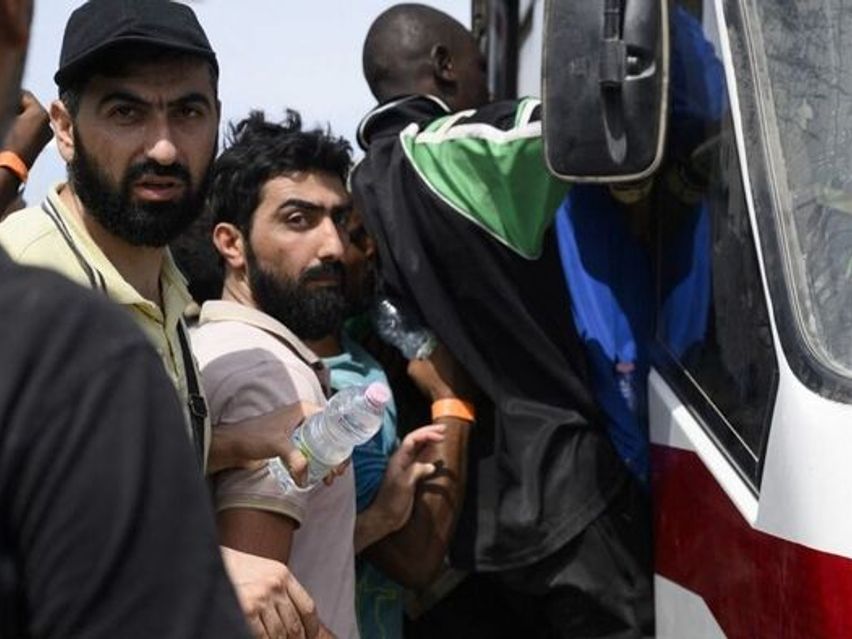
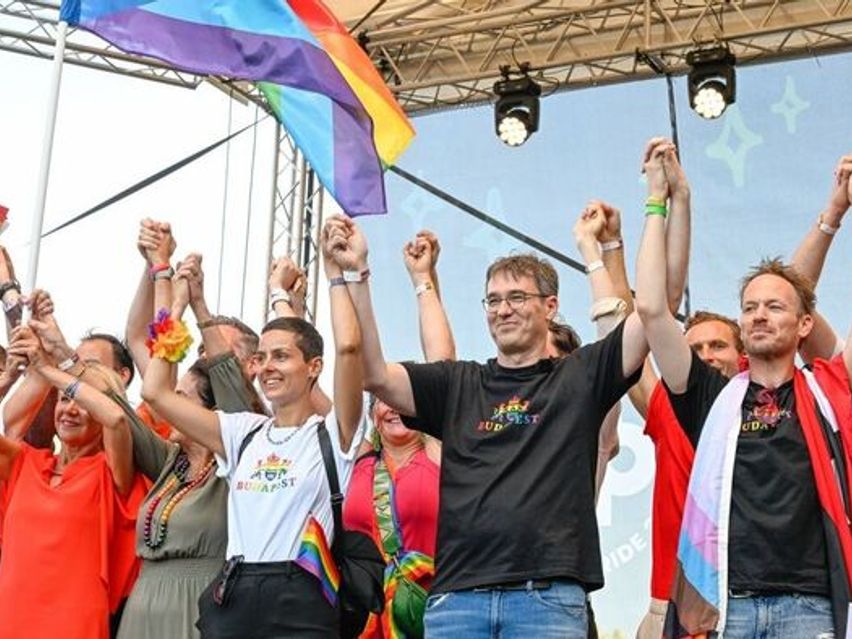
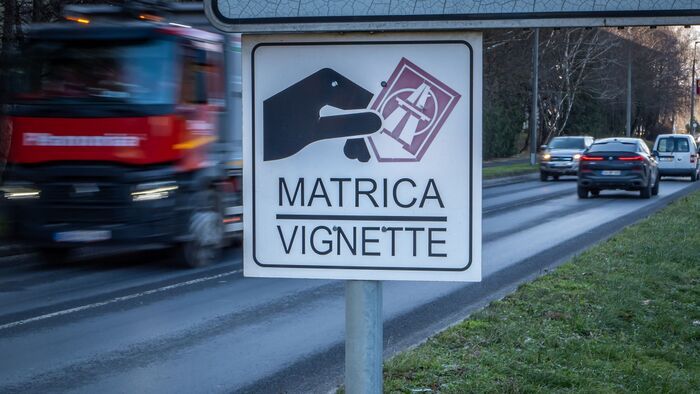


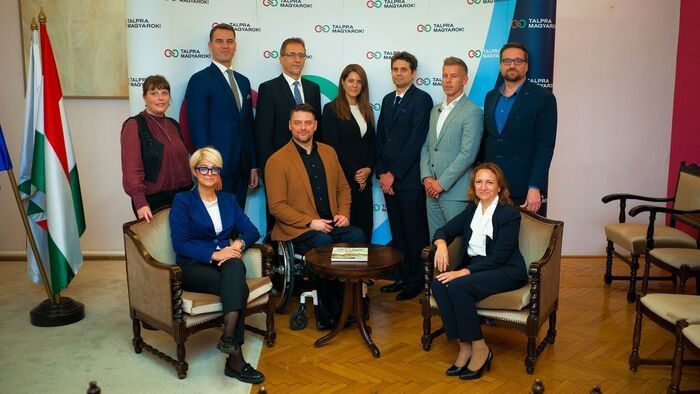
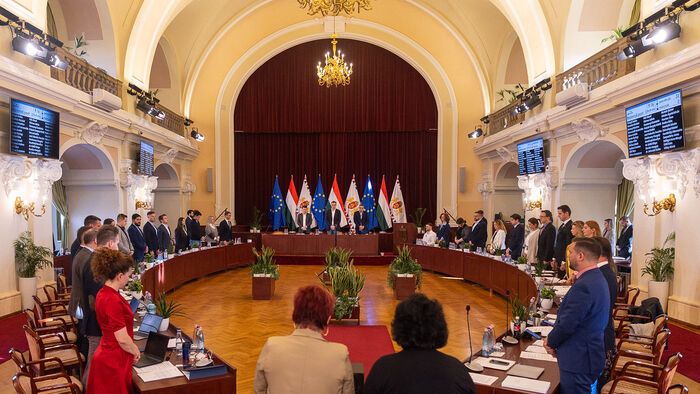
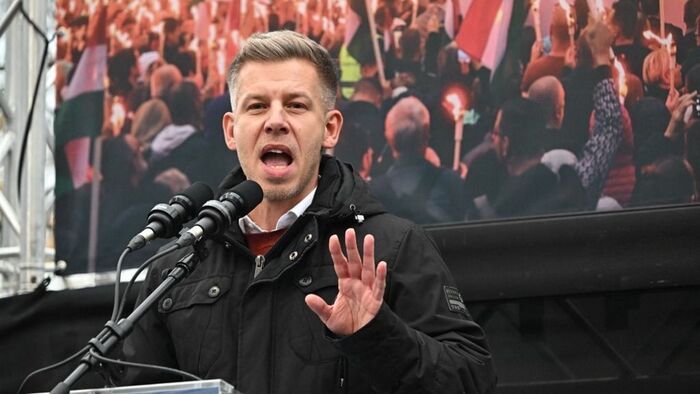
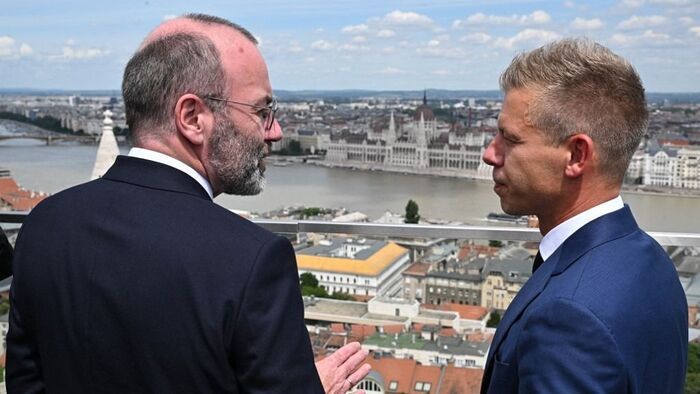
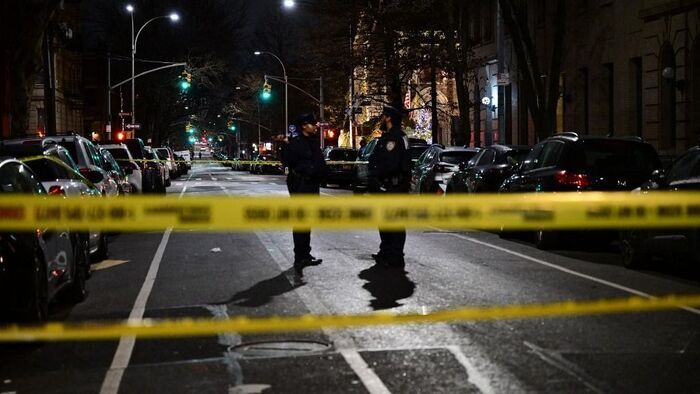
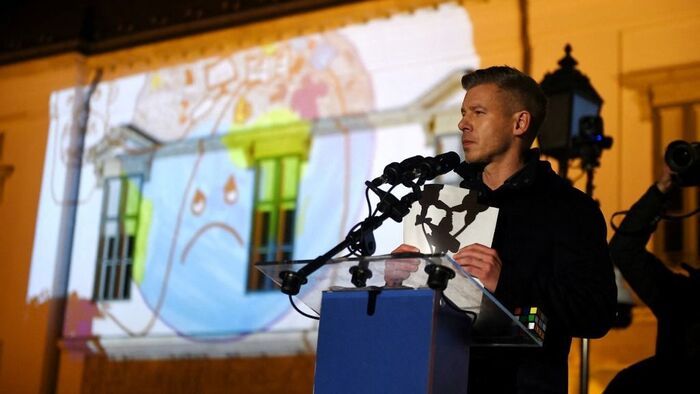





Szóljon hozzá!
Jelenleg csak a hozzászólások egy kis részét látja. Hozzászóláshoz és a további kommentek megtekintéséhez lépjen be, vagy regisztráljon!